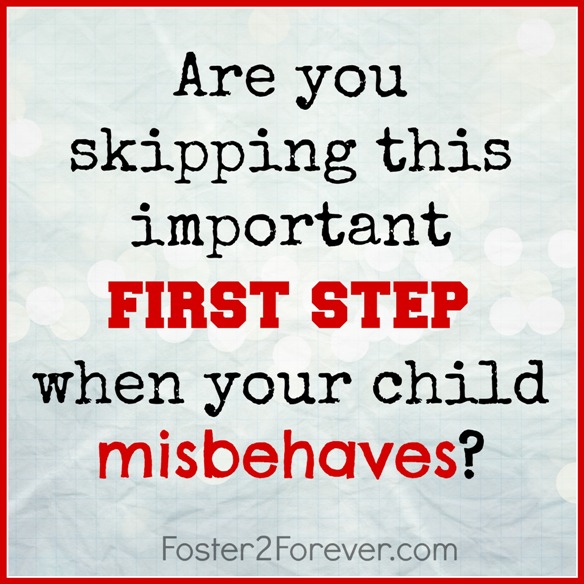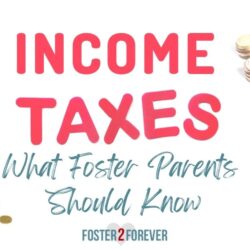WHAT IS THE FIRST THING YOU SAY WHEN YOUR CHILD MISBEHAVES?
A parent’s first reaction to misbehavior can set the tone for how the situation plays out for a longer time period that the actual misbehavior. Let’s be honest. When my child is misbehaving or doing something he’s not supposed to, my first words usually begin with “DON’T!”
“Don’t hit your brother…”
“Don’t yell...”
“Don’t throw things in the house…”
Or the equivalent “STOP _____!”
As a parent, when my child misbehaves, and I simply TELL him to “don’t” or “stop” doing something, I’m not allowing my child to THINK about his actions — I’m simply telling him what to stop doing.
When you tell your child what not to do, you have already done the thinking for him.
If I want my child to begin thinking and learning about his behavior, I need to use a different approach; I need to teach my child to THINK!
How can a parent teach a child to THINK about misbehavior?
BY ASKING A CHILD ABOUT HIS MISBEHAVIOR!
Asking allows a child to think about his misbehavior.
Asking gets you more information about the behavior.
Asking also teaches a child to listen.
Asking helps you connect with your child in spite of the misbehavior.
WHAT TO ASK A CHILD ABOUT HIS MISBEHAVIOR
What questions should a parent ask a child that has misbehaved? That depends on what lesson the child needs to learn. A parent needs to ask questions in order to teach the child a lesson. Think about what particular question(s) will help this child discover for himself what he needs to learn.
But first…
ASK QUESTIONS ONLY AFTER YOU HAVE THE CHILD’S ATTENTION
I am no stranger to tantrums! I will never be able to ask any sort of question or get any answer from my child when he is in the middle of a tantrum. So Rule #1 is to wait until your child is calm before you ask any questions so you can actually discuss the behavior with your child.
Then you can…
ASK QUESTIONS ABOUT THE BEHAVIOR AND ASSOCIATED RULES
Simply find out what happened, ask about the behavior, and ask about applicable rules.
“What happened?” instead of “Why did you do that?” because a child never knows why.
“Do you remember the rule?”
“Why do you think we have that rule?”
“What do you think would happen if nobody in our family followed that rule?”
“Why is it important for you to follow that rule?”
ASK QUESTIONS THAT TEACH THE NEEDED LESSON
Ask specific questions about the misbehavior and what bad could happen if he doesn’t obey the rules (natural consequences). For instance, if a child doesn’t pick up his toys…
“What would happen if you had to get out of bed during the night?”
“If you accidentally stepped on your toy, what would happen to it?”
ASK QUESTIONS THAT HELP A CHILD THINK OF OPTIONS
Ask a child about other options encourages a child to think and make his own decisions.
“What could you do instead?”
This is also a great opportunity to practice doing an acceptable behavior using do-overs as part of your discipline. “Let’s practice doing that the right way.”
I’m finding that the more questions I ASK when my child misbehaves helps me keep my cool, helps my son think about his behavior and helps our relationship by opening the lines of communication during tense times.





